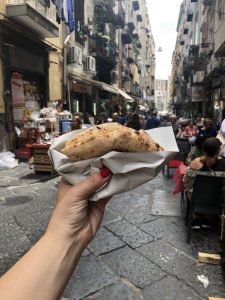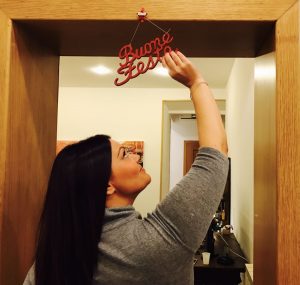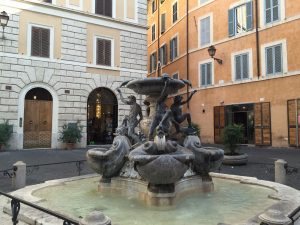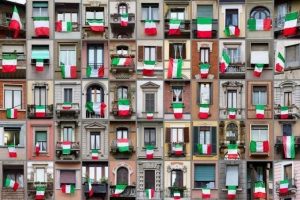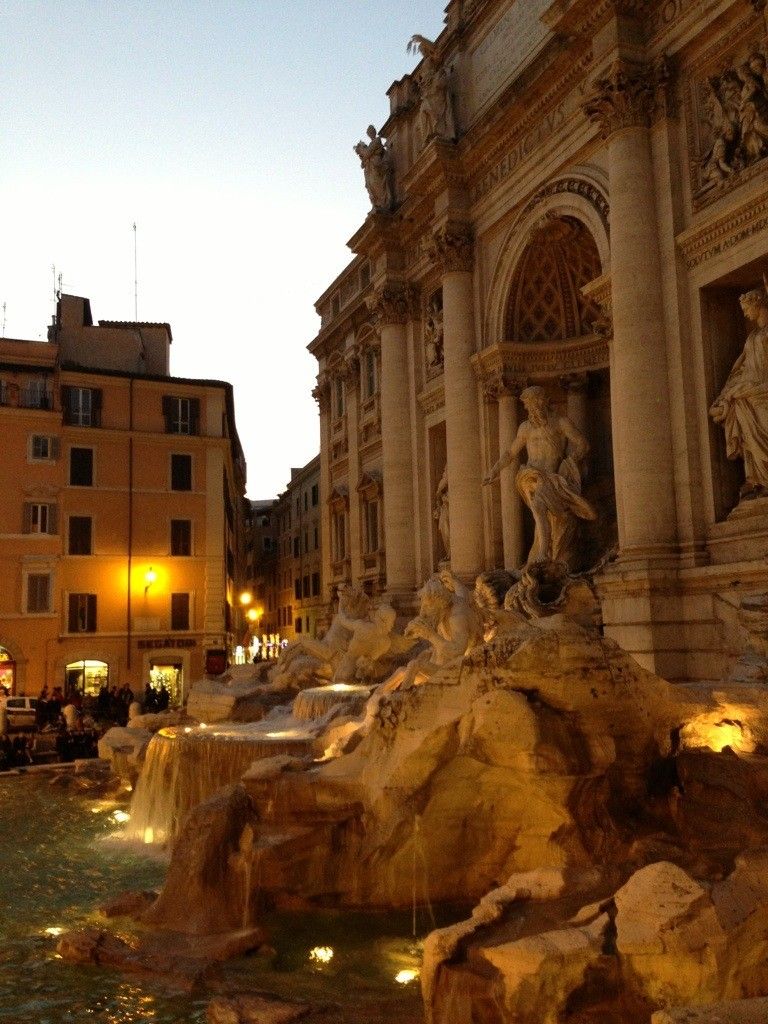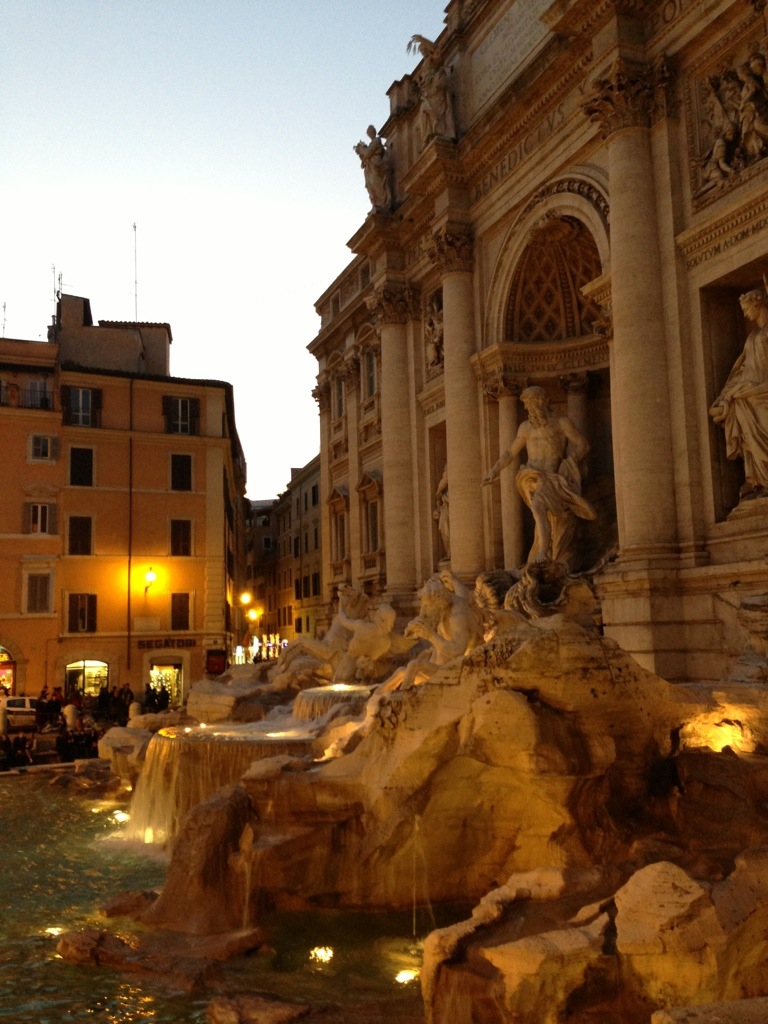I got back to Rome a couple of weeks ago and have finally settled back into my routine.
I find myself to be a little raw, prone to analysis and philosophising of the world around me after having been out of the country for almost 2 months.
Now it’s widely known that the Italian psyche is all about “La bella figura“.
Translated literally, it means “the beautiful figure” but interpreted in real life to mean making a good impression and placing weighty importance on aesthetics, beauty and image.
It’s seen in the way most Italians dress and in their maintenance. In the fact that police officers wear designer made uniforms and in the grandeur and elegance of its architecture and monuments.
It’s also about manners, etiquette and behaviour. About always doing the right thing.
I agree with all this.
But in my opinion – and solidified further since living here – the cornerstone and very essence of the Italian psyche lies in one’s ability to complain (and fairly constantly).
I find it to be a way of life here.
I’m not just talking about the discourse around global problems or the financial crisis pretty much crippling the country (the level of lament on this topic could not even been addressed in an entire blog piece – it’s incessant, relentless) but the day to day comments made by Italians I know – or worse, those I don’t know who feel the need to launch into their life story without prompting. Or the fact that every one you speak to is busy or exhausted (their opening line!)
I’m talking about the local commessa (cashier – or check out chic Aussie readers!) at the supermarket.
Where your turn arrives and you open with a polite ‘Buongiorno‘ or ‘Buonasera‘ (goodmorning or good evening). When you mistakenly ask ‘How are you?’ (Pretty standard in Australia for instance) you just about wish you never had.
The commessa sighs, looks at me, stops scanning my shopping and brusquely responds, ‘Sto a pezzi’. Translates to ‘I’m in pieces / shreds’ but really means, I’ve had it! And then proceeds to tell me she’s buy real ultram online overworked and underpaid and her ex husband is trying to screw her over. Honestly, I don’t know her but this is classic customer service in Rome.
Yep it’s unique.
Where else in the modern world would you be greeted with tired and annoyed customer service?
Oh and she doesn’t even have to barely lift a finger – you don’t get your bags packed for you here – no, no, no – you have to do that yourself (and it’s like marathon against time where your items are piling and the next customers eyes are burning holes into you!)
Everything in Italy just seems to be a bit of a drama. Or everyone is just worse off than everyone else. Simple tasks become life events for some people. And everyone has a story to match and better yours.
It can be frustrating, but it’s so incredulous and so embedded in the culture that it makes me smile!
It got me thinking about all the phrases used by Italians when they are complaining. It’s like a whole other language.
I hear them on the tram, walking the streets, from taxi drivers to shopkeepers and postal office workers, the list goes on.
It’s like a national sport!
“Sono esaurita” (I’m exhausted)
“Sono incasinatissima” (I am just in an absolute mess)
“Chi ce lo fa fare” (Why do we do it to ourselves)
“Alla fine c’andiamo sotto sempre noi” (At the end of the day, us commoners are always the ones who get the raw deal)
“Sono impegnatissima” (I’m super busy)
“Questa crisi ci ha uccisi” (The global financial crisis is killing us)
“L’euro ci ha rovinato” (The introduction of the Euro ruined Italy)
“C’è sempre qualcosa” (There’s always something)
Oh and many more that don’t spring to mind right now!
And even this aspect to the Italian psyche I love. It wouldn’t be Italy without it…
God it’s great being back!
On that note, I’m off to bed. It’s been a long week (e sto a pezzi!)
Signing off from Trastevere
(And with – in the scheme of the world – absolutely nothing else to complain about!)
Baci
Maria










